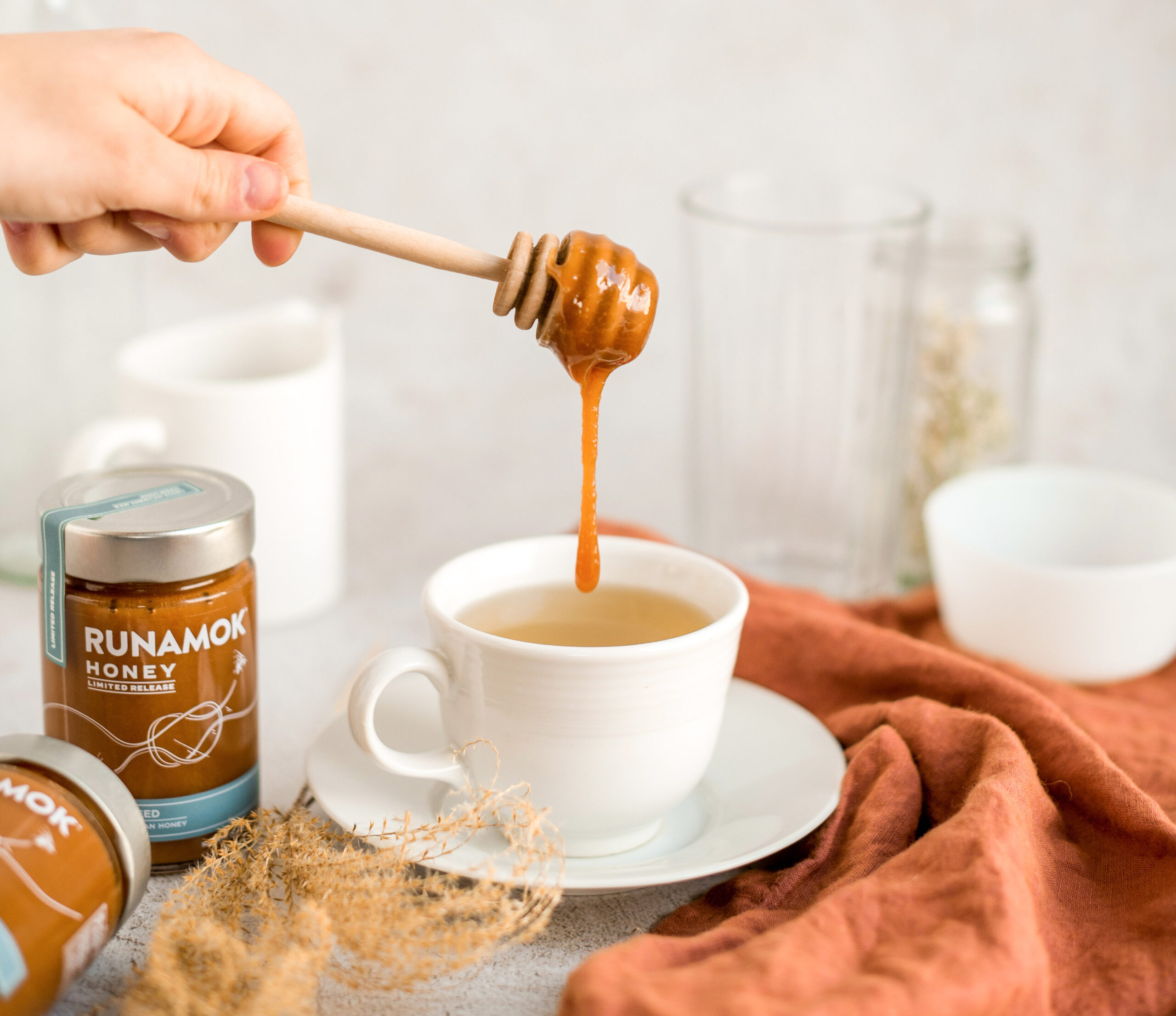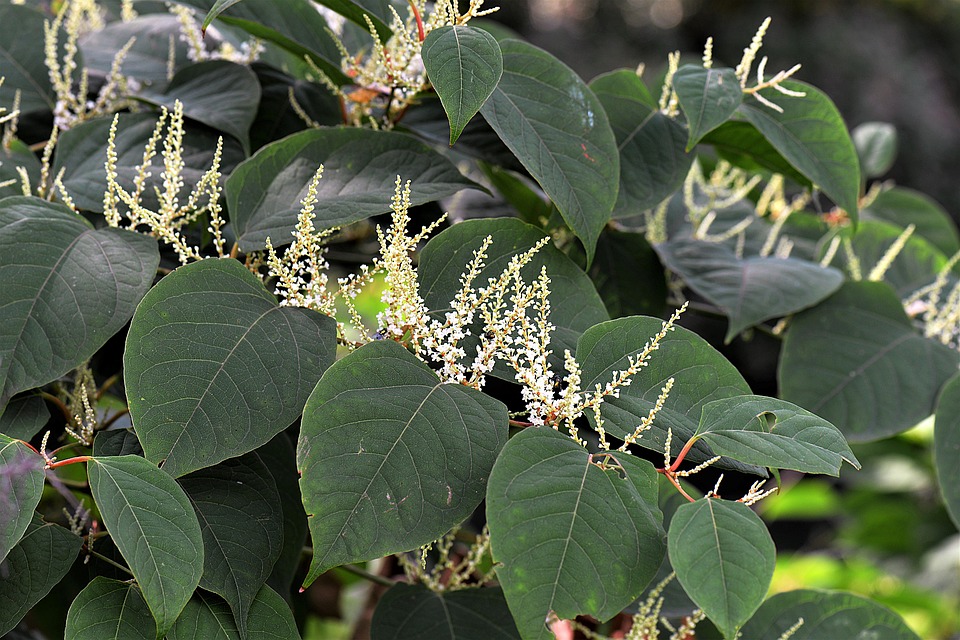For many, the name Knotweed rings a bell, and not necessarily in a good way. A pesky invasive species that ecologists would like to eradicate entirely, this plant offers a surprising benefit to bees at a time when pollen is particularly hard to come by. What we found even more surprising was just how delicious this honey was.
What makes honey one of nature’s most remarkable natural sweeteners is just how different it can be. When bees feed exclusively on one type of flower, the raw honey takes on a unique taste, look and consistency. For example, our High Plains Clover Raw Honey and Knotweed Raw Honey both look and taste extremely different.
Knotweed Honey: Tasting Notes
Knotweed Honey is rich, dark, sweet, and malty. Knotweed is related to buckwheat and the color and taste of the honey is similar, if just a little milder. There are notes of fig and toffee which creates a wonderful spread on nutty, wholegrain toast. It is also a good match for darker spirits, such as bourbon and rum and makes for excellent cocktails. Try it on salty, semi-firm cheeses such as gruyere or asiago. The caramel character also lends itself to desserts and pastry which we will be exploring on our recipe pages.
A Bit About Japanese Knotweed
The harvesting of this varietal honey is a textbook example of making lemonade from lemons. Japanese knotweed is what botanists know as Polygonum cuspidatum and what ecologists have other choice words for. It is an invasive species that can take over river banks, smothering all other types of native species. Overall, people are trying to get rid of it but it does have one attribute that is undeniable; it provides abundant pollen to bees in early autumn when very few other plants are flowering. In addition, it gives them this life-sustaining food just when they really need it to store up for the winter. And if humans can say anything nice about P. cuspidatum it is this: it makes for extraordinary honey.
Most people agree that knotweed is a nuisance in North America. But it is a stubborn plant and so for the moment the bees are benefiting from the pollen and we get this excellent honey. If ecologists successfully eradicate Japanese knotweed, we are sure that the bees will understand since they are, by nature, team players who appreciate the importance of a diverse ecosystem. In the meantime, we offer this limited release that makes pearls from a gritty situation.


